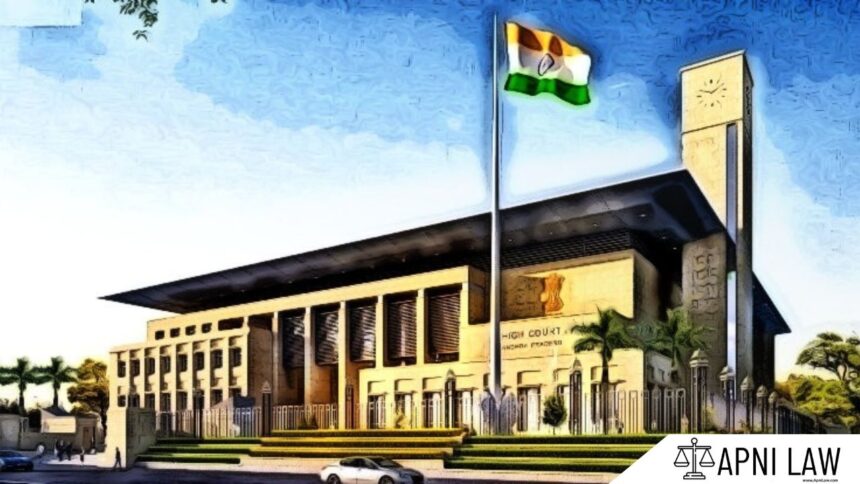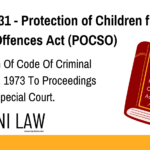Married Daughter’s Right to Compensation
The Andhra Pradesh High Court has ruled that a daughter, whether married or unmarried, is a legal heir. Therefore, a married daughter can claim compensation for the death of her father in a motor vehicle accident.
However, the Court clarified that eligibility to claim compensation is different from proving dependency. A married daughter may still be dependent on her father, but the extent of dependency must be proven.
Case Background
The case involved a public health worker who was fatally run over by a milk van. His married daughter and second wife sought ₹4,00,000 in compensation from the vehicle owner and the insurance company. The Claims Tribunal awarded ₹3,77,000 with 7.5% annual interest.
Insurance Company’s Arguments
The insurance company challenged the award, arguing that:
- The compensation amount was excessive.
- The driver lacked a valid license, breaching the insurance policy.
- The married daughter was not dependent and thus not entitled to compensation.
- The second wife was also not entitled to compensation.
Court’s Findings
Married Daughter’s Eligibility
The Court held that compensation for a deceased person in a motor accident becomes part of their estate. As a legal heir, a married daughter has the right to claim a share. The Court cited the Supreme Court’s ruling in National Insurance Company Limited v. Birender (2020), which stated that legal representatives can claim compensation based on dependency.
Compensation for the Second Wife
The second wife argued for a higher compensation, including funeral expenses and loss of consortium. The Court decided that she deserved compensation as a legal heir. However, since she lived apart from her husband and received a pension after his death, it limited her dependency. The Court upheld the Claims Tribunal’s compensation amount for her.
Insurance Policy Breach
The insurance company claimed the driver lacked a valid license. However, the Court found that the company failed to prove this claim. The Claims Tribunal had correctly ruled that the driver had a valid license, so there was no fundamental breach of the insurance policy.
Final Verdict
The High Court dismissed the insurance company’s appeal and increased the compensation by ₹63,000. The revised amount of ₹4,40,000 must be paid jointly by the vehicle owner and the insurance company.










